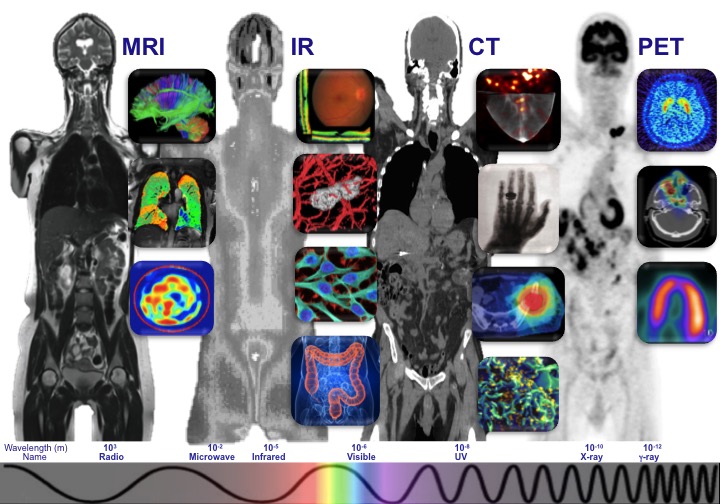Deep Learning Algorithm Enhances Coronary Artery Calcium Assessment

A recent study published in the New England Journal of Medicine AI reveals promising advancements in the use of a deep-learning (DL) algorithm for the evaluation of coronary artery calcium (CAC) in noncardiac computed tomography (CT) scans. This breakthrough could significantly improve the assessment of cardiovascular risks among patients who undergo routine chest CT scans for unrelated health issues, such as lung cancer screening. The research, led by Dr. Raffi Hagopian of the Veterans Affairs Long Beach Healthcare System, emphasizes the potential of the AI-CAC model to facilitate earlier detection of heart disease, thereby enhancing patient care and reducing long-term morbidity and healthcare costs.
The study highlights that millions of chest CT scans are performed annually, often on healthy individuals, and critical cardiovascular risk indicators may be overlooked in these assessments. According to Dr. Hugo Aerts, a senior author affiliated with Mass General Brigham in Boston, “Our research indicates that important information about cardiovascular risk is going unnoticed in these scans.” The AI-CAC algorithm, developed from data gathered across 98 medical centers within the Veterans Affairs healthcare system, demonstrated an accuracy rate of 89.4% in determining the presence of CAC and 87.3% in assessing moderate cardiovascular risk.
Historically, the gold standard for quantifying CAC involves gated CT scans that synchronize with the heartbeat to minimize motion. However, the majority of chest CT scans conducted for clinical purposes are non-gated. The AI-CAC model successfully utilized 446 segmentations of data from noncontrast, nongated CT scans to extrapolate CAC quantifications, offering a practical solution for opportunistic screening. The findings suggest that patients with a CAC score exceeding 400 have a 3.49 times higher risk of all-cause mortality compared to those with a score of zero, underscoring the importance of early intervention.
The potential implications of implementing the AI-CAC model are significant. Dr. Hagopian stated, “Using AI for tasks like CAC detection can help shift medicine from a reactive approach to the proactive prevention of disease.” This shift could transform the healthcare landscape by enabling healthcare professionals to intervene earlier in the disease process, ultimately leading to improved patient outcomes and decreased healthcare expenditures.
The study's findings are particularly relevant in the context of an aging population and increasing incidences of cardiovascular diseases. As healthcare systems worldwide grapple with the dual challenges of rising costs and the growing burden of chronic diseases, innovative solutions like the AI-CAC model represent a critical step forward in enhancing preventive care strategies. Researchers advocate for the integration of AI technologies into routine clinical practice to maximize the utility of existing imaging capabilities and improve overall patient health outcomes. Future studies will be essential to further validate the algorithm’s effectiveness and explore its broader applications in cardiovascular health assessment.
Advertisement
Tags
Advertisement





